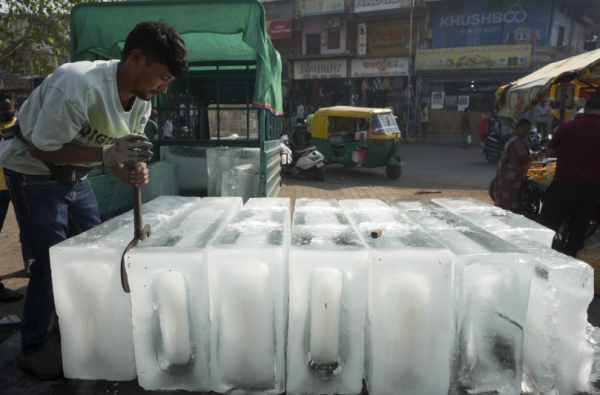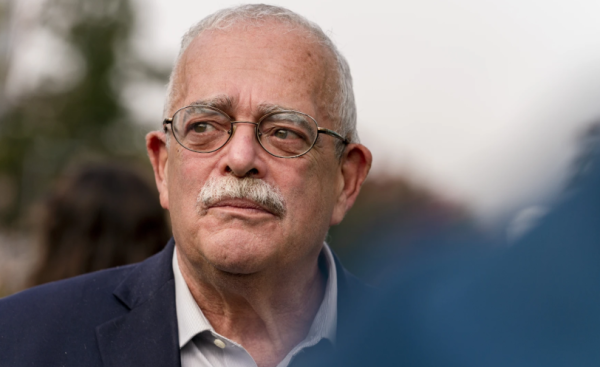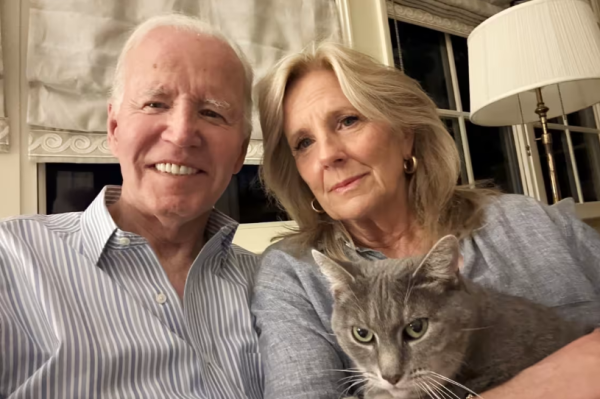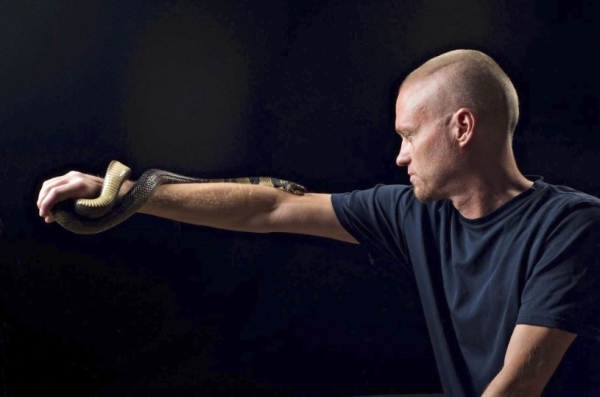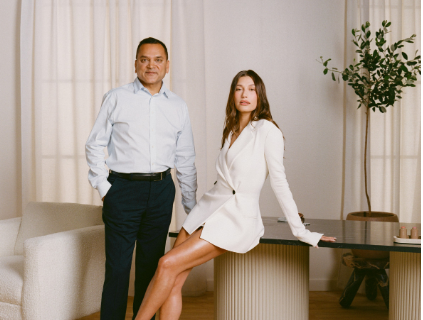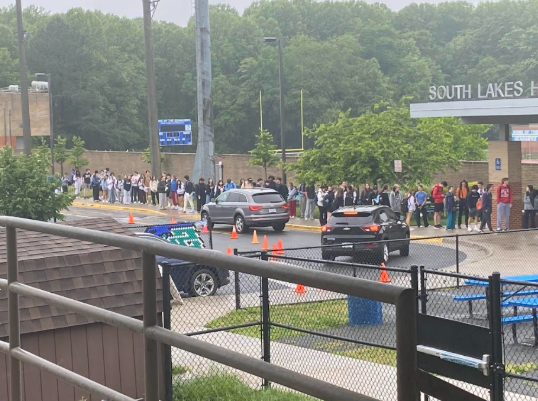Ukrainian refugees have found a home in Poland

Photo via Veronika Owen/The Sentinel
Poland has a history of being unable to help foreigners in need, but when Russian soldiers marched into Ukraine, the Polish people weren’t about to let history repeat itself. As of now Poland alone has accepted over three million Ukrainian refugees. I visited Warsaw, the capital, over spring break to see family, and had the opportunity to interview them about their experiences hosting refugees.
My mom’s cousin’s family, the Dzierżanowski family, is hosting a Ukrainian family of three: a mom and her two sons (8 and 12 years old). When questioned about their decision to host, I learned at first they had been apprehensive about hosting refugees. “We thought about it for a long time,” said Dominika, the wife. “With the pandemic, we weren’t sure if this was the time to do something like this. It (ultimately) became apparent we had to do something once the war erupted.”
Long before the Russian-Ukrainian War broke out, Poland got discredited by the media with the mistreatment and indifference to the Syrian refugees on the Belarus border. The Polish government set up militants to blockade refugees from entering the country and declared it a national state of emergency, disallowing humanitarian help and their own citizens from aiding them. “I started thinking about how terrible it was,” Dominika said. “The Polish Government hasn’t been helpful at all and these people are living in terrible conditions.”
Additionally, Mikołaj, the husband, said that the current war reminded him how it wasn’t that long ago that Russian aggression had infiltrated Poland, leaving him with a bitter distaste of Communist expansion. The combination of outrage at Russian aggression and obligation to help people fueled their desire to help the Ukranians. Once the adults finally decided, they had to jump through one more hoop: consulting their kids. “I was just so relieved when the girls said yes,” explained Dominika.
Polish nonprofits set up a refugee program. The foundation connects host and refugee families for three and six month periods. On their profile, hosts put information like how many spare rooms they’d have, if they live in a house or an apartment, and even if they have pets or not.
The second way is to host without the help of the foundation which is what the Dzierżanowski family did. Just a few days after they signed up with the foundation, Dominika got a phone call from her Ukrainian friend. She told Dominika, “Hold off on giving anyone the room yet because I have friends of my family fleeing Ukraine.”
“Julia’s story borders on a miracle,” said Dominika. Julia and her sons had a lead on a place in a hostel in Poland, but didn’t know if they had enough money. In the eleventh hour, Julia’s sister called and said there were friends in Poland willing to help. Julia and Dominika had never actually met until the night Julia’s family arrived in Warsaw. A few weeks later, at 5 AM, Dominika received a phone call from a volunteer that Julia’s family had crossed the border. The volunteer is one of hundreds that drive to the Ukrainian border and transport refugees to their destinations for free… no matter how many hours away.
“We’re really lucky to get along so well with our refugee family,” Dominika said. Despite how well they get along, there were certainly some changes around the house. “Things have certainly changed around here since they arrived,” Dominika laughed. “We have a lot more bread in the house because the boys eat so much!” Mikołaj added, “Potatoes used to be once a week with dinner, but now they’re everyday including even more bread!”
Mikołaj was actually traveling when the refugee family arrived. When he came home, he immediately felt the home dynamic shift. “In the evenings, I used to relax in the living room, put a movie on, and if someone wanted to watch with me, they were welcome to. Now there are two boys on the couch all the time playing video games or watching Ukrainian YouTube with the volume all the way up.” He laughed and said, “Just today I went to the store and bought headphones for them just so I can have some peace of mind! They’re like all kids.” Adjusting and defining boundaries will continue to be a relevant issue as long as the Dzierżanowski family’s hosting. “We have to learn to say what we are and aren’t comfortable with,” said Mikołaj. “So far, I’ve been very afraid to make any comment on any particular instance.”
When the boys aren’t on their devices, they’re struggling through days in Polish school. “We wanted to get them into the same school as Nina (their youngest daughter),” Dominika said. “But it was already full, so they now go to a different local school.” Schools in Poland are hiring staff members who can speak both Ukrainian and Polish, accommodating all the refugee children. Schools set up special classes if enough of their students are Ukrainian. Unfortunately, the boys’ school wasn’t lucky enough to hire any. “I really think the older boy is having more trouble learning all Polish,” Dominika admitted. “It’s easier when you’re younger to learn a new language.”
Mikołaj recalled a funny story because the majority of their communication is through Google Translate. Julia was asking Mikołaj something, and because his name is a version of Nickolas, Google Translate got a bit confused. It decided to completely translate his name from Mikołaj to Saint Nicholas or Santa Claus.
Julia’s family will have to eventually learn Polish; they don’t plan on going back to Ukraine even after the war ends. They want to stay in Poland and make a life there, and the Dzierżanowski family is their first stop on that journey.

Grassroot efforts were the driving force behind getting over 2 million refugees into the country. Whether it’s hosting families, driving them to their destinations, flying Ukrainian flags, spreading awareness on social media, or selling pastries with the Ukrainian flag colors, the welcoming atmosphere has truly touched every aspect of life in Warsaw.
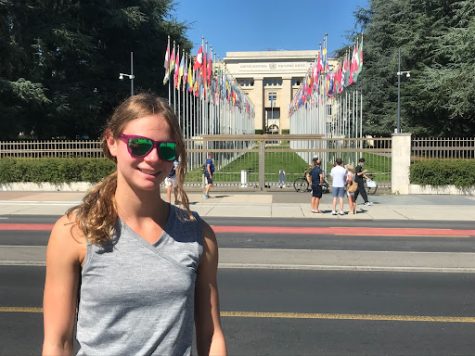
Veronika Owen is the Co-Editor in Chief for the South Lakes Sentinel. She has had a passion for writing ever since third grade. When she’s not...








